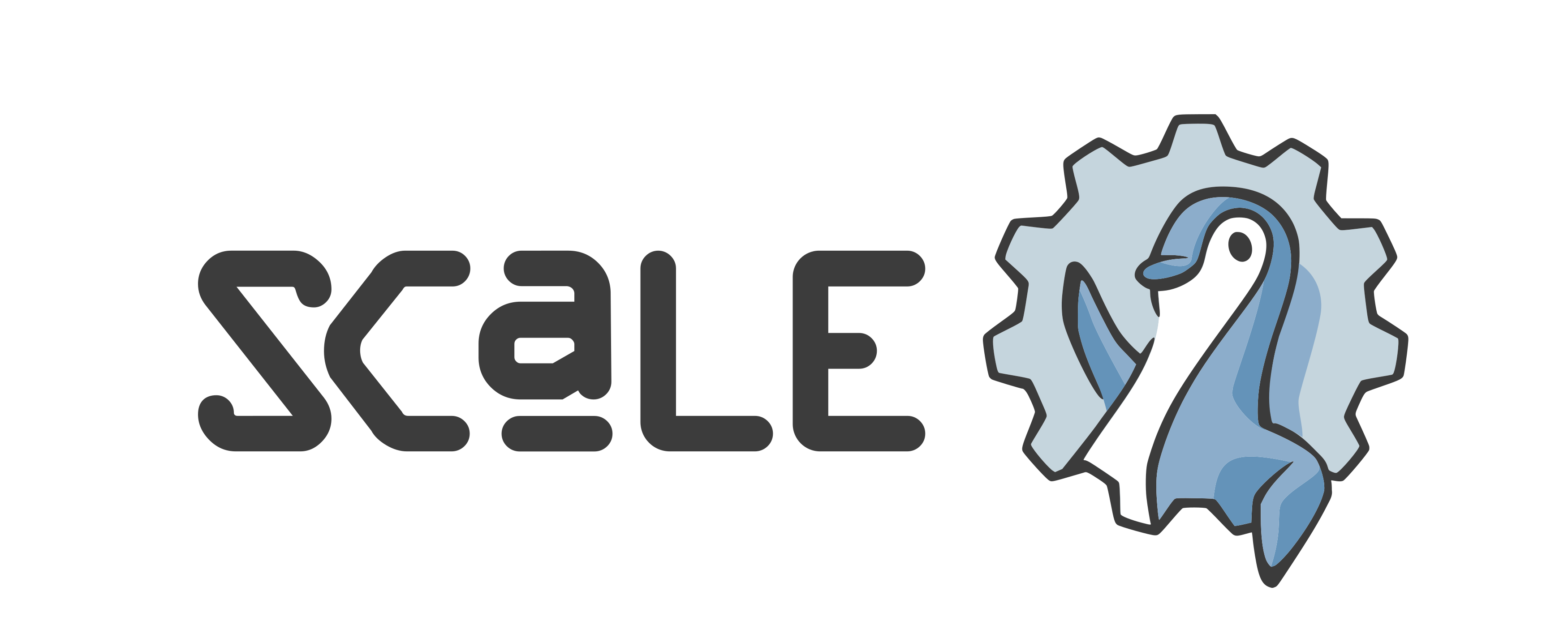From Machine Learning to Machine Reasoning and why it matters for Life Sciences

There are two main schools in AI: physicalist and symbolic. The 1st one focuses on reproducing the neurons to create intelligence. It is today known as machine learning based on Artificial Neural Networks. People often consider it as synonym to AI. It is based on satistical pattern recognition has produced amazing results in different domains. The 2nd one focuses on human cognition emergence through logics. Less known because the existing approaches are centralized and cannot handle mutiple reasoning types. Distributed Reasoning AI solves it and has been succesfully applied for drug R&D where understanding the causal level is crucial. It's important to understand the role of correlation and causation and how they interplay.
The future of Biology is Digital and Artificial Intelligence is the engine for this transformation. Different approaches exist. The one we are focusing on for this talk is based on Digital Cell Cloning via a Digital Cell Differentiation process that uses Generative Distributed Reasoning AI (GDR-AI). In the car industry, before developing any car, a digital model is created allowing advanced simulations avoiding misconceptions that are costly if discovered later. In the pharma industry, the target validation phase is essential for the success of the drug R&D process. Today, target validation is based on in vitro and in vivo preclinical testing that is a costly process and not always reliable. What if even before starting this process, it is possible to have a digital human cell model of the diseases/patients that can be used to test the safety and efficacy. This will bring extremely valuable information of the target downregulation impact on the whole-cell behavior. It is now possible by using a particular Machine Reasoning AI, called Generative Distributed Reasoning AI (GDR-AI), to generate any Digital Human Cell Clones using gene expression data. In addition, these Digital Cell Clones allow companies to compare their drugs with other drugs, to test combination of drugs, to repurpose drugs, to predict drug response, and to optimize clinical trials. Having Digital Human Cell Clones can dramatically accelerate and improve drug R&D because advanced simulations can be done to understand the cells’ behavior for each disease/patient and the impact of the drug on these cells. Different use cases will be used to illustrate this approach that brings biology to its digital era.
